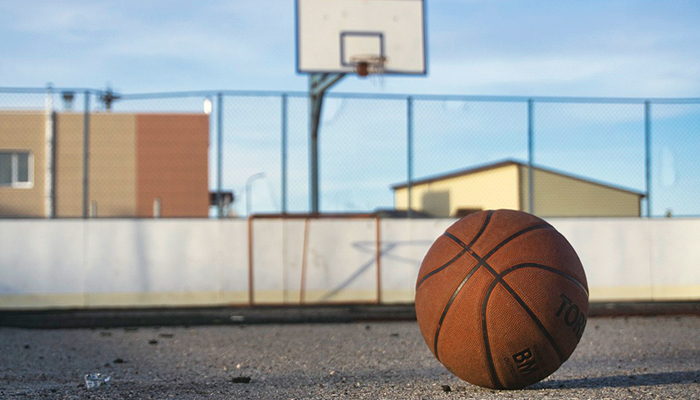New Jersey Moves Toward College Prop Ban

New Jersey was one of the biggest sports betting supporters but is now moving towards limiting certain bet types. Due to concerns about college players being harassed by bettors, the state is preparing a bill to ban college prop bets. While the assembly has passed it, the state legislature must still approve it.
Our team of experts researched the case to provide all the necessary details. Check out this article to learn more about the proposed bill and why legislators are concerned about these bets. You can also learn the opinions of those opposing the bill and how it could affect sports betting.
History of NJ Sports Betting Laws
This decision is surprising because New Jersey was the biggest proponent of sports betting in 2018. It challenged PASPA at the Supreme Court, which led to its repeal and allowed states to legalize sports betting. The state also allows most other forms of gambling, with multiple online casinos and even racetracks.
One reason for the proposed ban is an ongoing campaign by the NCAA, with 13 other states already banning college prop bets. That includes other states with permissive gambling laws, like New York and Pennsylvania. The NCAA wants to ban such bets as it has led to many college players being harassed about their performance.
Current Issues with College Props
The main reason New Jersey is considering the ban is the harassment targeted at college athletes. Players like Armando Bacot from North Carolina often receive hateful messages from gamblers, angry their performance was not up to par. College players may be harassed directly, as many fellow students gamble on sports events.
Did any of you notice how much time is spent on cable TV about Caitlin Clark’s prop performance in the first game, and leading into the second game?
-Charlie Baker, NCAA President
NCAA President Charlie Baker is also concerned with how prevalent prop betting is, even during games. Many broadcasts focus on a player’s prop performance, often overshadowing the event. Even when a college athlete wins or performs well, they may get harassed about not scoring enough points. That is why there has been a push to ban such bets entirely.
Proposed Bills
Bill A4905 explicitly bans operators from offering any college prop bets. It defines such bets as “side wager on part of a sport or athletic event that does not concern the final outcome of the sport or athletic event.” Senator Kristin Corrado also proposes a similar bill in the Senate as S3080.
The bill was proposed after a study by the NCAA, which found over 700 messages across social media that contained sports betting related abuse toward athletes, coaches, and officials. Women, in particular, were targeted more often by such harassment. A4905 was unanimously passed by the New Jersey house tourism, gaming, and the Arts Committee and will now be considered by the full Legislature chambers.
Opposition to the Bill
Naturally, there is some opposition to the bill. Bill Pascrell III, a lobbyist for various sports betting companies, claims that college props are a small part of the industry and are not significantly harmful. Most opponents of the bill believe more needs to be done to prevent harassment in general and that it is not exclusive to prop bets.
Another concern is illegal markets. While prop bets may be banned, players can still go to illegal sites or simply travel to a state where they are legal. That can cause issues, as offshore sites don’t guarantee payment, and there is no way to protect gamblers. Ultimately, opponents believe that the culture around sports betting needs to change, promoting anti-harassment campaigns.
 by
by